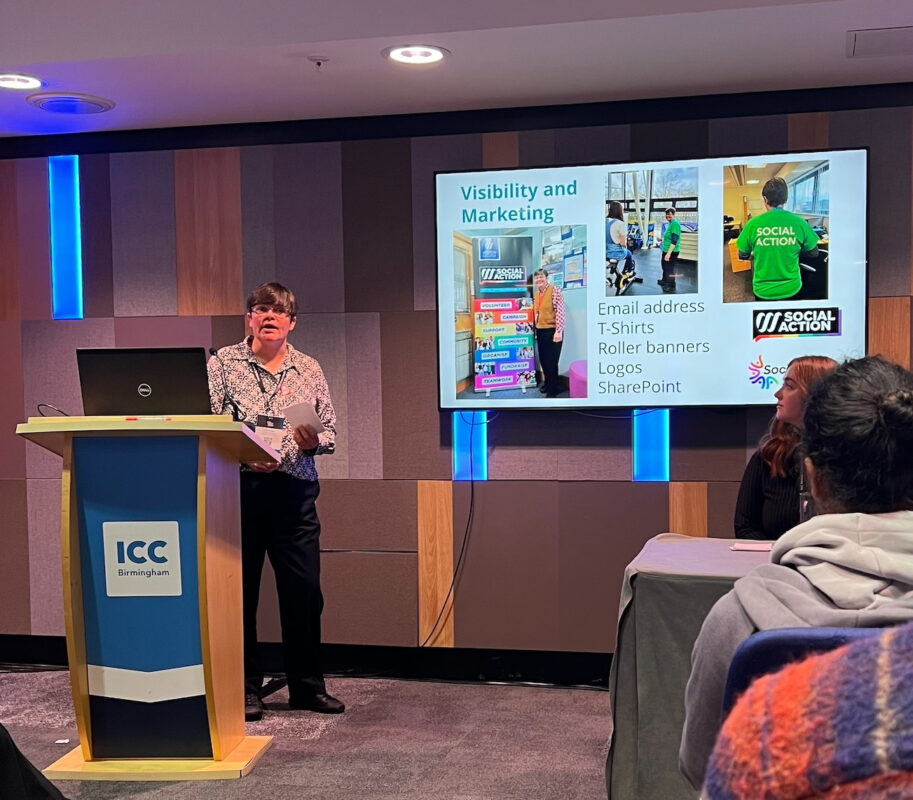IFS: Increasing concentration of high-skilled jobs in London means graduates elsewhere cannot fully capitalise on their education

42% of university-educated workers outside London work in a job that does not require a degree, up from 31% in 1993. The share is highest in Lincolnshire and Cumbria, where more than half of graduates work in non-graduate jobs (58% and 52%, respectively).
These are among the findings of a new IFS report that examines the geographical implications of long-term trends in the labour market, building on previous research for the IFS Deaton Review of Inequalities.
It finds that the national decline in traditionally middle-paying occupations, and the relative rise in both low- and high-paying occupations – often referred to as ‘hollowing out’ – has played out very differently across the country:
- The occupations that have grown most since 1993 are either in low-paid services such as social care, childcare and hospitality, or in high-paid services such as IT, business and finance. But whilst the low-paid service jobs have grown everywhere, the new ‘high-end’ jobs mainly emerged in London.
- Employment in high-paying occupations has grown by 95% nationally since 1993. But the growth was 240% in Inner London and just 41% in Cheshire.
- Meanwhile, the number of graduates expanded evenly across the country. With graduate numbers rising everywhere but graduate jobs increasingly concentrated in London, this means that many graduates in other parts of the country are unable to fully capitalise on their education.
- Previous research shows that graduates from poorer family backgrounds are much less likely to move to London. This group – who have invested in higher education but don’t tend to move – are perhaps the most negatively affected by long-term labour market trends.
- The share of graduates in non-graduate jobs in London remained fairly stable over the last three decades (at 37%–38%), but rose virtually everywhere else. This is consistent with other research showing a fall in the graduate wage premium outside London.
Whilst high-skilled workers benefit strongly from being in London, some low-skilled workers in London may see their career progression hampered. In London, people in elementary occupations such as cleaners, security guards and kitchen staff are more likely to work in specialist agency firms that only contain low-skilled jobs.
Xiaowei Xu, a Senior Research Economist at IFS and the author of the research, said:
‘The rise in high-skilled professional services jobs in the last 30 years has been very much focused on London, which means that graduates from other places need to move to reap the returns to their education. This is often not an option for those from poorer family backgrounds. The current economic geography of the UK limits both social mobility and the effective use of talent across the country.’











Responses